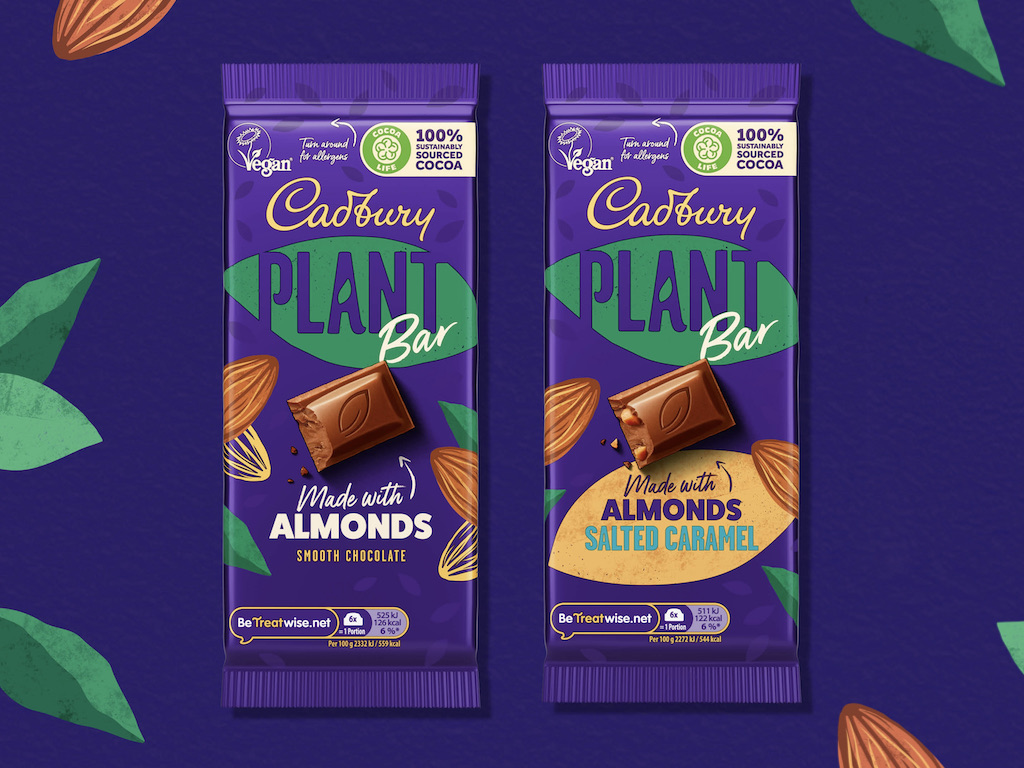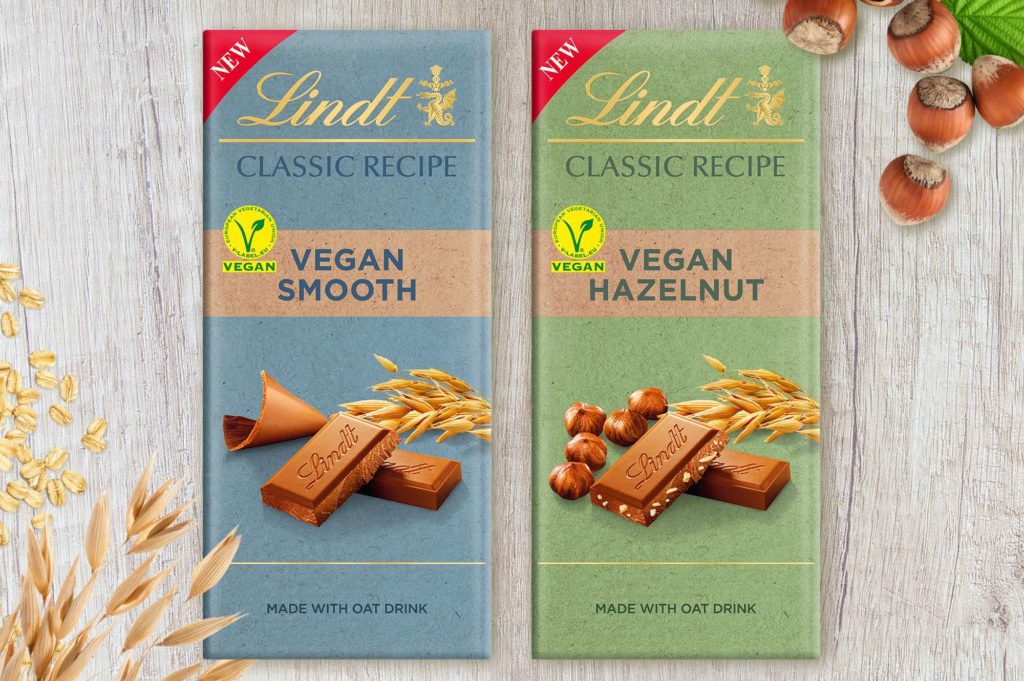60% Of Millenials and Gen-Z Expect Plant-Based Chocolate Options From All Brands, Study Finds
3 Mins Read
A new report has revealed that Millenial and Gen Z consumers are demanding more plant-based foods—specifically, dairy-free chocolate. The study was carried out by Swiss chocolatier Barry Callebaut, assessing changing buyer attitudes across Europe, the U.S., and Australia.
The study polled in excess of 3,200 participants, aged between 18 and 75. 42 percent of respondents were Millennial or Gen-Z, aged between 18 and 44. The key takeaway was that 60 percent revealed an expectation of plant-based chocolate products. In contrast, the company claims that only 43 percent of older consumers anticipate the same.

A shift in priorities
Barry Callebaut highlighted that a comparable study was conducted in Europe, in 2020. It revealed that just 25 percent of respondents consumed vegan chocolate. By the end of 2021, this figure had increased to 64 percent. Motivations to make the switch to dairy-free treats have been identified as health, taste and dietary variance. 12 percent reported allergens being a primary factor.
“In 2020, we did similar research and the ask for plant-based treats was significantly lower,” Sofia Popova, EMEA marketing director at Barry Callebaut told FoodIngredientsFirst. “We see that taste and variety are important triggers to go for a plant-based treat, flexitarians are by far the leading group in driving the demand and ”plant-based” is the most appreciated claim versus vegan or dairy-free.”
When labelling, claims of being lactose and dairy-free did little to sway consumers. Just 16 percent reported this being an appealing addition. Plant-based was widely seen as the most enticing and inclusive label.
Money talks
Price was identified as a key stumbling block to global plant-based chocolate uptake. The study revealed that just one-third of those polled would be willing to pay more for a dairy-free option. Of that group, younger generations are more willing to spend, particularly in the U.K. 42 percent of Millenial and Gen Z participants reported being happy to increase their budget for good plant-based chocolate.
Paying more will only happen if choice increases. The study revealed that while willingness to try plant-based chocolate is present, consumers feel disappointed by a lack of variation. In the U.K. alone, 69 percent of those polled felt that a larger array of milk chocolate flavours and textures should be freely available to dairy-free eaters.

On the market
The rise in vegan chocolate options has been impossible to ignore. In the last 12 months, numerous major brands have released plant-based bars in quick succession.
Mars unveiled its Bounty and Topic bars at the end of January 2021 as its first foray into the sector. News of Cadbury’s Plant Bar launching in November 2021 caused a stir. It has proved popular, even though Cadbury’s had to issue an apology for delaying the launch in order to get the recipe “just right”.
Lindt is the latest big chocolatier to join the fray. It announced the launch of two vegan milk chocolate bars in time for Veganuary. Debuting smooth and hazelnut varieties, it uses almond paste, similar to Cadbury’s range. This has proven to be a criticism for allergen-aware consumers.
Lead image courtesy of Unsplash.




